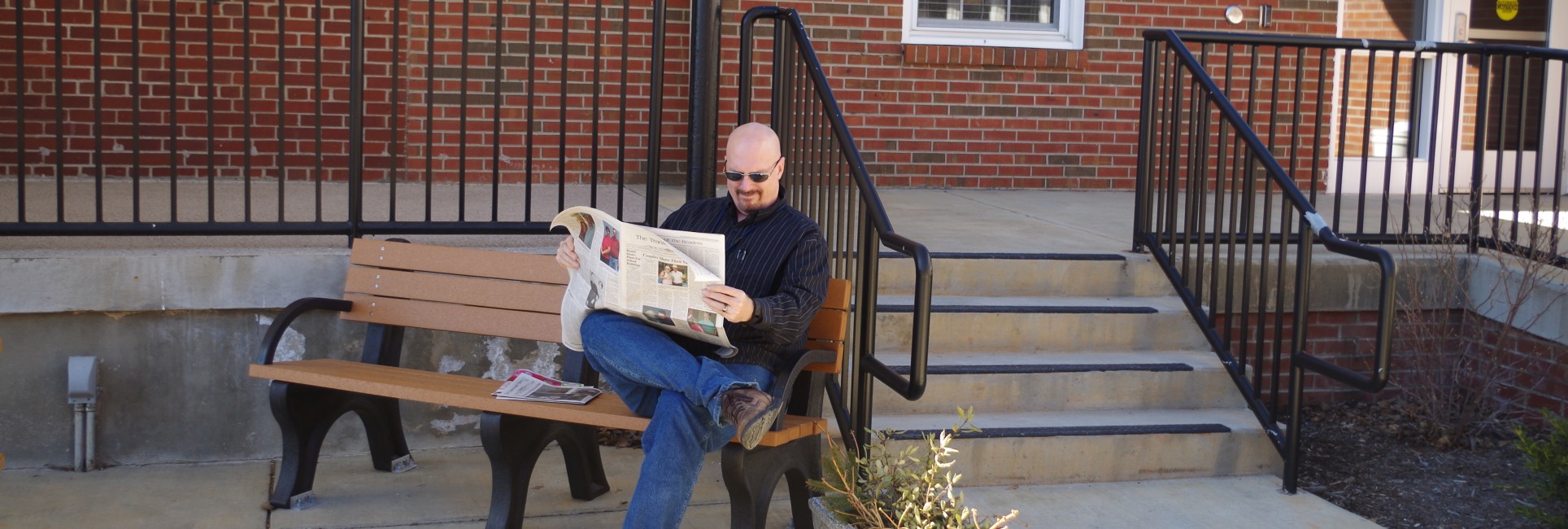On April 6, county commissioners in the region discussed priorities at the 2017 North Carolina Association of County Commissioners (NCACC) District Meeting. The purpose of the meeting, which was held in Transylvania County, was to hear from county officials in the area about any issues impacting their county, and to discuss county legislative priorities and General Assembly outreach.
Page Lemel, Vice-Chairwoman of the Transylvania County Commission appreciated the opportunity to meet at the regional level. “The meetings give us an opportunity to spend time with fellow commissioners who may be dealing with issues similar to ours.”
Transylvania County Commissioner Mike Hawkins agreed. “Usually we are all facing similar challenges and hearing their experiences helps us think about good ways to approach our issues.”
The Transylvania County District Meeting provided a forum for area counties to report their latest major projects and initiatives. Officials from Haywood, Henderson, Jackson, Macon and Transylvania counties participated in the Transylvania County District Meeting, which focused on the current state legislative activities and their effects on county government.
“NCACC staff provided counties with critical updates on pending legislation and the potential impact, both good and bad, to counties”, reported Transylvania County Commission Chairman Larry Chapman. “This information is key to helping us determine our priorities and thus plan for the future through appropriate budgeting.” Chapman serves on the NCACC Board of Directors.
“The legislative updates are so valuable due to the pace at which the General Assembly moves,” said Lemel.
During the meeting, participants discussed the shortfall in funding for public school construction across the state, which has climbed to about $8.1 billion in recent years. Counties are working with the NCACC to convince lawmakers to establish a reliable source of funding to meet the staggering public school facility needs throughout the state’s 100 counties. Counties also discussed how proposals to cap class size in public schools would add to their existing facility needs. Additionally, the meeting brought to light a number of current legislative proposals that would change counties’ ability to manage issues like infrastructure development, tax administration, land use planning, and public contracting.
“There are a number of current bills in the state legislature that would be harmful to local government’s ability to manage our own affairs, and I’m glad the NCACC is in Raleigh advocating on our behalf,” stated Hawkins.
The North Carolina Association of County Commissioners (NCACC) is the official voice of all 100 counties on issues being considered by the General Assembly, Congress and federal and state agencies. The Association provides expertise to counties in the areas of advocacy, research, risk management and education and leadership training.

